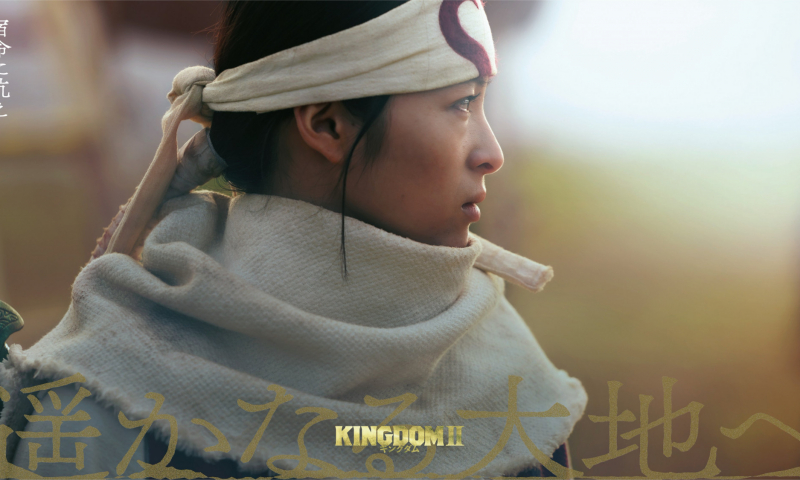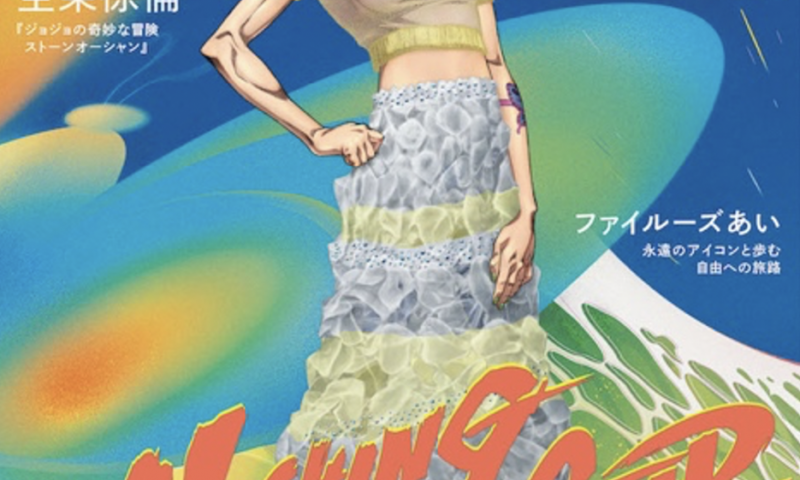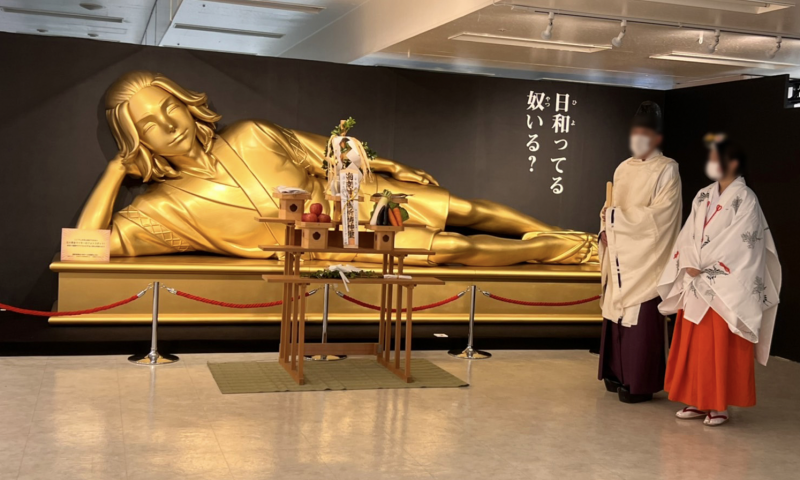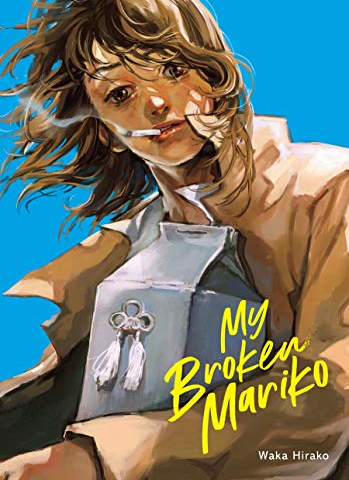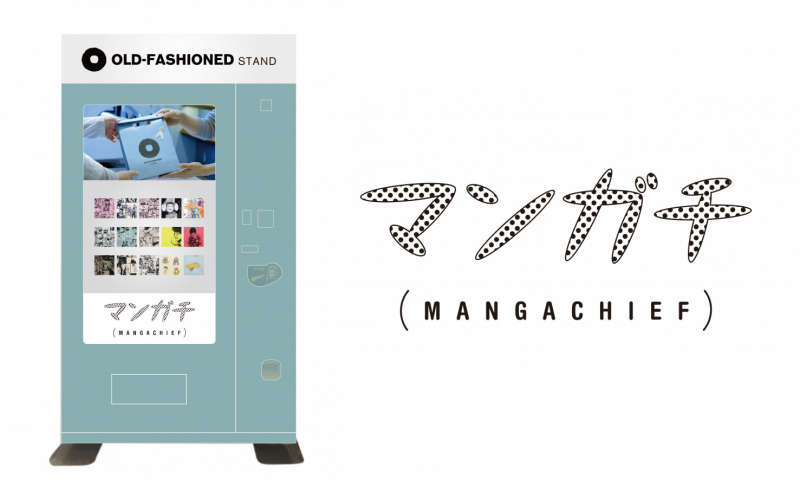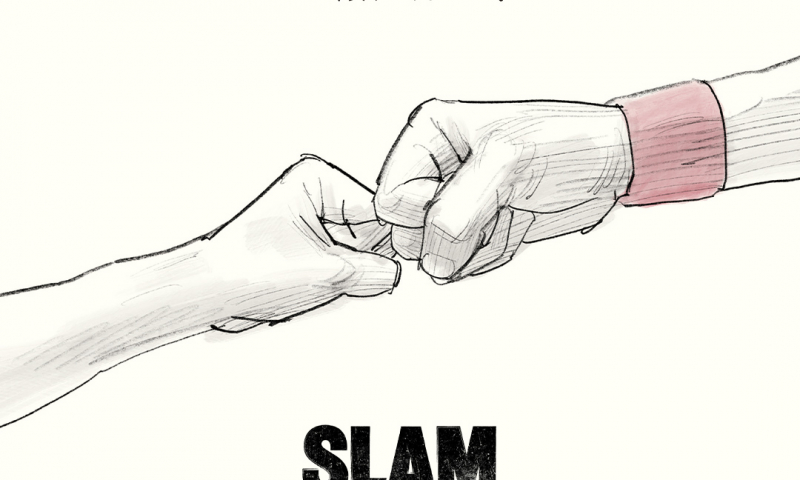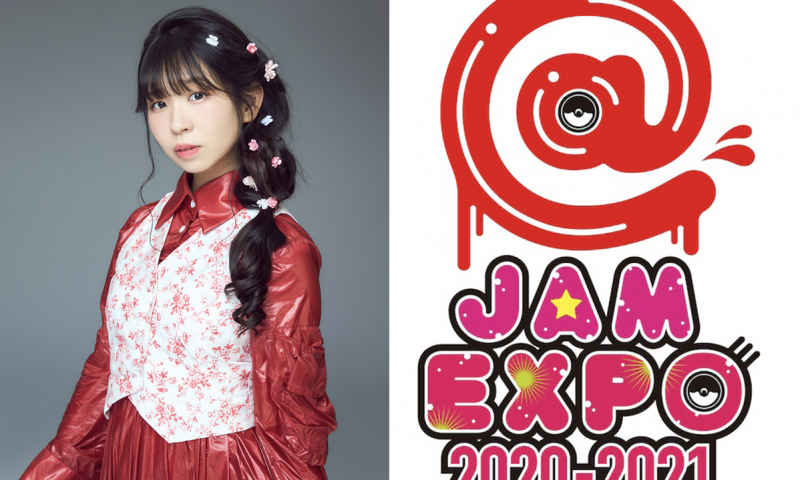
Japanese Youth Texting Trends : Less Emotional and Make It Vague!

Sponsored Links
The meaning of words change over time and new words and slang are born constantly. That is not something special in Japan but happening everywhere in the world.
However, recently we have been noticing some interesting trends of how they use words on social media in Japan, changing the nuance of meanings to make it sound more apathetic in a specific way.
That is magic of adding the suffix “-mi” to the end of verbs or adjectives, which makes the word sound less responsible.
Let me show you an example. “Arigatai” (ありがたい) is an adjective which means grateful. However, a lot of youth in Japan today tend to say “arigatami” (ありがた”み) instead of “arigtai” (ありがたい) to make it sounds less serious. Sometimes, they also add “ga aru” (が ある, meaning “there is”) – it sounds like they don’t want to take responsibility for their words.
“Arigatai” (ありがたい)・・・I am grateful.
“Arigatami ga aru” (ありがたみがある)・・・There is some sort of gratefulness.
“Arigatami” (ありがたみ) is grammatically correct, but adding with “ga aru” (がある) it sounds less emotional, putting away the subject’s responsibility. Here are some examples of it being used on Twitter.
Meaning) There was huge gratefulness for Kasiwagi-san’s solo stage. I feel like I saw something awesome.
Meaning) There is some sort of gratefulness for the food being served if you’re living in dormitory, but it is also painful as the quality of room is low.
Meaning) There is some sort of gratefulness for the screen is huge.
Other common examples with “み” are ;
“Ureshii” (うれしい ) I’m happy → “Ureshimi” (うれしみ) It’s kinda happy
“Ikitai”(行きたい) I want to go → ”Ikitami” (行きたみ) I kinda want to go
“Tsurai” (つらい) I feel painful → “Tsurami” (つらみ) It’s kinda painful
Less responsible and less emotional. It seems that they are hiding their real feelings by arranging the words in a grammatically correct yet indirect way to avoid committing fully to expressing their feelings. It seems that they may feel embarrassed to be so straightforward and we would like to investigate how these trends will develop further as time goes by.
Sponsored Links
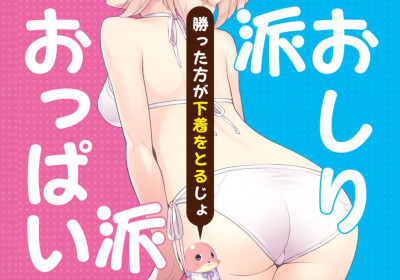
Boobs or Butt? The Battle Heats Up to Decide Which Will Be Visible in a New Game!
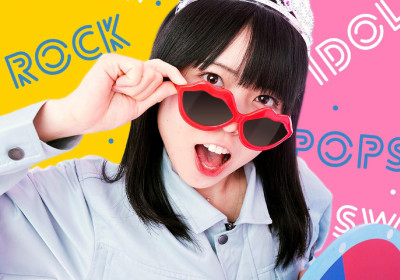
Risa Satosaki Reveals Everything in the MV for “S!NG”!



